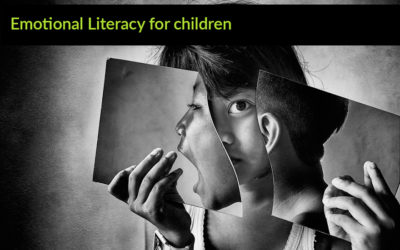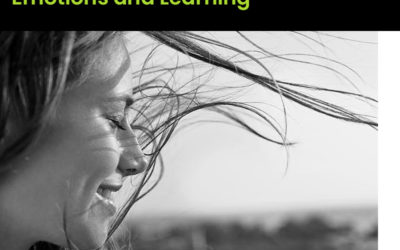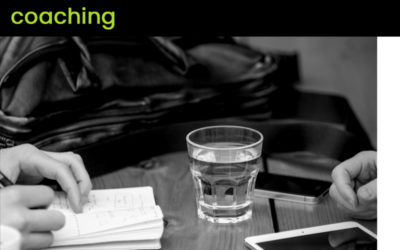Last week I wrote that we have emotions about our emotions. This week is a bit similar but in a different direction. We humans are “assessment machines”. It seems we cannot stop interpreting, developing opinions or creating beliefs about ourselves and the world around us. All of those are judgments or assessments and they constitute the story we live. “Story” in this context doesn’t mean it is a fairy tale or disconnected from reality but only that it is both what we understand and what we expect. We are constantly inventing a future to live into and we do that because we need to.
Imagine walking out of your house in the morning without a story of how the day would be. If it were possible you would close the door and have absolutely no idea what to do next. The fact that you have a story to live into – that your car will start, that you will have a job in a certain company, that at the end of the month they will pay you, that the money you receive will have value and you’ll be able to pay your bills – means you have an idea about what comes next. It doesn’t always work out that way – your car doesn’t start, you find out you no longer have a job, the company goes bankrupt and doesn’t pay you – but you don’t know that until you live into the story you’ve invented.
Assessments are based on past experiences and we create them to predict the future. But they are never true or false. In the world of emotions, we have assessments or stories also. This is why we say there are “good” or “bad” emotions. We may believe lust is bad and generosity is good. We have developed those interpretation or assessments based on our past experiences in order to know whether to embrace or avoid that emotion in the future. This can be helpful. An assessment that anger is a bad emotion and should be avoided may save your life. But it may also keep us from ever experiencing anger or investigating if it is sometimes helpful in life. We may avoid it to the extent that we don’t know what it feels like or even think about its value.
Often our assessments of emotions come from the feeling or sensation it produces physically. In anger, we may feel out of control, anxiety produces a knot in our stomach and disgust makes us nauseous. But we shouldn’t make the mistake of confusing the feeling with the possible value of understanding the emotion. Anger allows us to correct injustice, anxiety to be prepared for the unknown and disgust to avoid unpleasantness.
Our assessments also come from culture or family. We tend to classify good and bad emotions in those that were acceptable or unacceptable in the environment we grew up in. Again, that can be helpful and helps us to remain part of that culture or that family but we may also lose out because we avoided an emotion that ultimately could have been useful.
So, the invitation this week is to stop and reflect on your Emotional Education In Schools and how you assess or judge them. Which ones do we see as helpful, which harmful, which embarrassing or which are the ones we aspire to because we believe they are the best? If we want to be emotionally literate we need to be able to “read” emotions in ourselves and others, understand their meaning and question the way in which we value them. When we can’t do those things, emotions can never be as useful to us as they were intended to be.
For more on this and related topics check out my Best Book On Emotional Literacy 21 Days to Emotional Literacy. In twenty-one steps you’ll examine your relationship with emotions and emerge with a much clearer understanding of the role they play in your life. Welcome to the journey. Dan




0 Comments